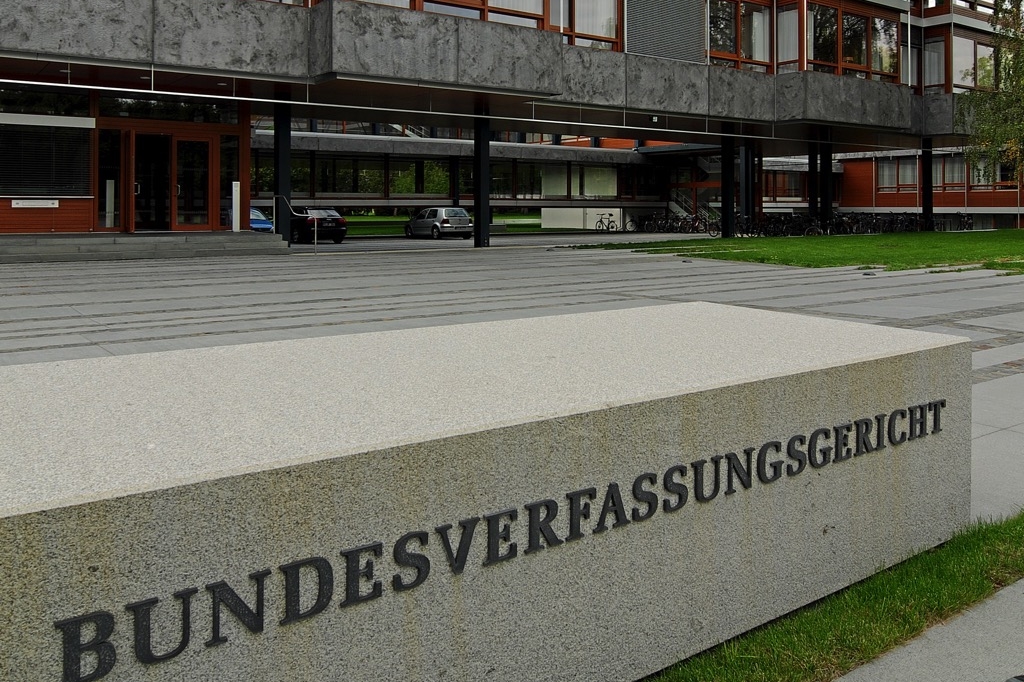Karlsruhe. The German government's climate protection law provides for a 55% reduction in greenhouse gases by 2030. It refers to the commitments made in the Paris climate protection agreement of November 2016, according to which the signatory states agreed to limit global warming to "well below 2°C." From this commitment, a residual quota of CO2 remaining until climate neutrality is calculated, which is available to each state. The German Federal Constitutional Court's (BVerfG) criticism is now that the targets defined up to 2030 will largely eat up this budget. The consequence would be that the population would subsequently face unacceptably high restrictions on their personal liberties.
That means in the plain text: The Federal Government failed to advance in time and with the necessary vehemence the climatic protection and shifts the problem elegantly on after 2030. That does not go in such a way judges the BVerfG! The legislator must steer here after. Furthermore, the BVerfG also gives climate protection a certain priority over other fundamental rights, since failure to achieve the climate protection targets would result in serious losses of other fundamental rights.
Germany must significantly increase its efforts to achieve the agreed targets as early as 2030. This can only be reached with the committed expansion of renewable energies. This is not a new insight, but unfortunately the German government has now had to take a kick in the pants from the Supreme Court. Let's hope it got through!

